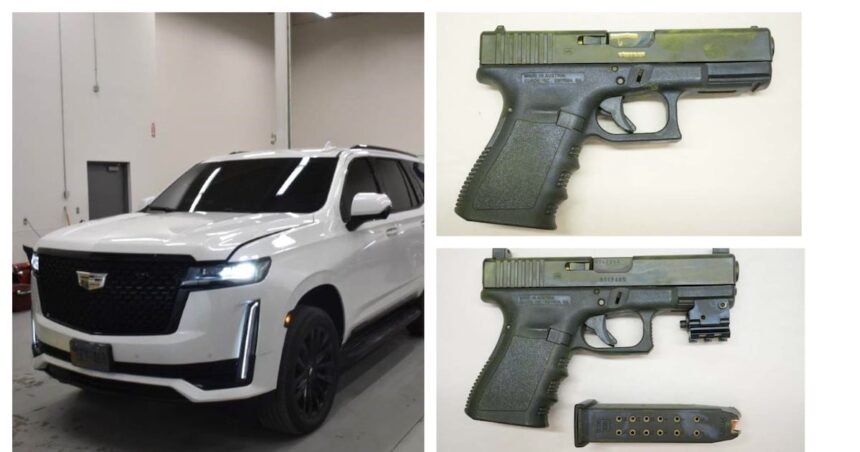In what’s being described as one of the largest organized crime investigations in recent Toronto history, police have arrested 20 individuals and laid over 100 charges following a major crackdown on violence in the GTA’s tow truck industry.
The operation, dubbed “Project Platinum,” targeted what investigators call a sophisticated criminal network that had turned parts of Toronto’s highways into dangerous territories where rival tow truck operators engaged in violent confrontations for control of lucrative territory.
“What we’ve uncovered is truly disturbing,” said Toronto Police Superintendent Mike Earl during yesterday’s press conference. “These weren’t isolated incidents – this was organized criminal activity disguised as legitimate business.”
The investigation began after a noticeable spike in violence connected to the industry caught the attention of law enforcement. Over the past year, Toronto residents may recall seeing news reports about multiple tow trucks set ablaze across the city, shootings involving operators, and even instances of highway intimidation tactics.
According to police sources, the criminal organization had established a protection racket forcing independent operators to pay “street taxes” or face violent consequences. Some operators who refused reportedly had their trucks torched or were subjected to physical attacks.
“They essentially carved up territories across the GTA and enforced their boundaries through intimidation and violence,” explained Earl. “Anyone who challenged them faced serious consequences.”
The charges laid include conspiracy to commit murder, extortion, arson, weapons trafficking, and drug-related offenses. Police also seized 11 firearms, significant quantities of fentanyl and cocaine, and over $500,000 in cash during the raids.
York Regional Police Chief Jim MacSween noted this investigation reveals how organized crime groups have infiltrated seemingly legitimate industries. “What began as competition for lucrative accident scenes evolved into something much darker,” he said.
The financial motivation behind this criminal enterprise is substantial. Industry insiders estimate a single collision can generate between $2,000 and $5,000 in revenue when factoring in towing fees, storage costs, and kickbacks from repair shops and insurance claims.
City Councillor Anthony Perruzza, who has been advocating for stronger regulation of the towing industry, told me this crackdown was long overdue. “For years, we’ve heard complaints from residents about aggressive tow operators and price gouging. Now we see it was just the tip of the iceberg.”
This investigation comes as Toronto considers implementing a municipal licensing system for tow trucks, similar to the model used for taxis. The proposed system would establish clear fee structures, service standards, and stricter background checks for operators.
The impact of this criminal activity extends beyond the immediate violence. Insurance Bureau of Canada spokesperson Pete Karageorgos estimates these organized crime operations cost Ontario drivers approximately $165 million annually in fraudulent insurance claims.
“Consumers ultimately pay the price through higher premiums,” Karageorgos explained. “These aren’t victimless crimes – they affect everyone’s wallet.”
For Toronto drivers who’ve experienced the stress of needing roadside assistance, this news raises important questions about safety. Police advise motorists to use towing services connected to their insurance providers or roadside assistance programs whenever possible.
As the case moves through the courts, authorities believe this investigation may just be scratching the surface of organized crime’s infiltration of the towing industry. Additional charges and arrests are expected in the coming weeks.
The province is now considering emergency regulatory changes to address vulnerabilities in the industry. Ontario’s Minister of Transportation Caroline Mulroney indicated her ministry is working closely with law enforcement to develop more comprehensive oversight.
For many Torontonians, this case reveals the complex criminal networks operating beneath the surface of everyday city life. What appeared to be simple competition between tow truck operators was actually something far more sinister – a reminder that organized crime continues to seek new territories and industries to exploit.
As this case develops, I’ll continue following its progression through the courts and the regulatory changes it may trigger. After covering Toronto’s business landscape for years, this investigation demonstrates how criminal enterprises can exploit regulatory gaps and transform legitimate industries into dangerous battlegrounds.







